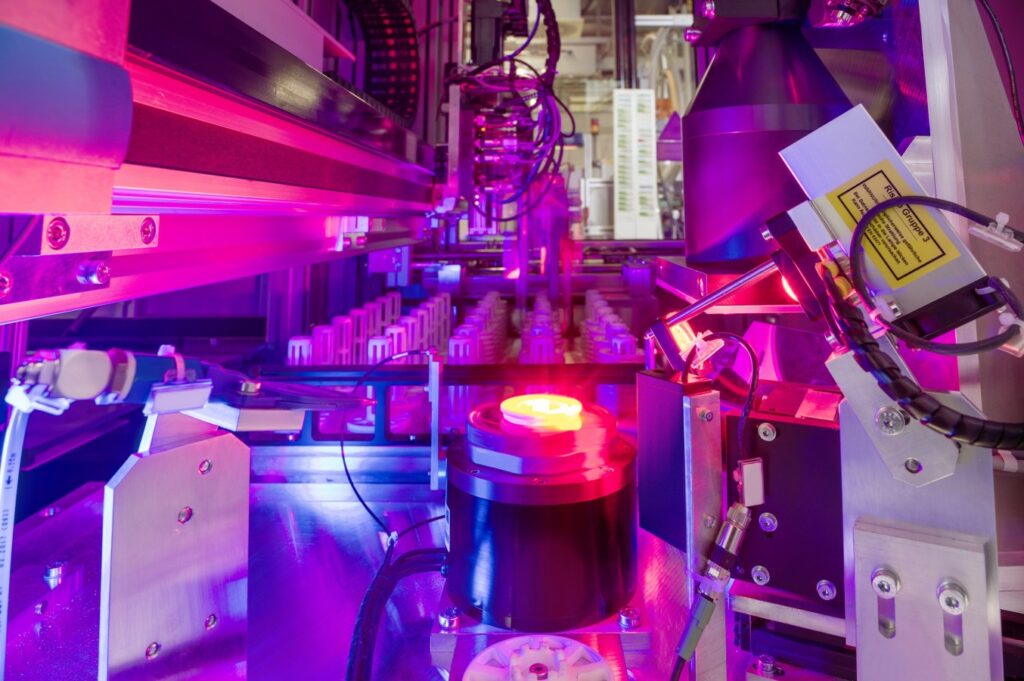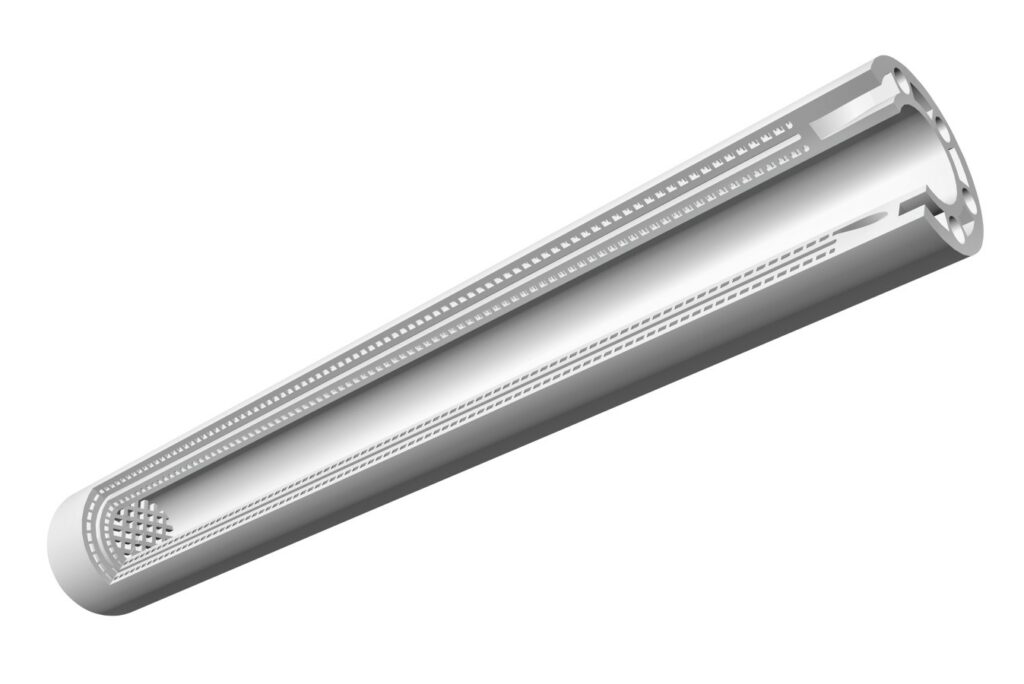As part of a 3D printing project conducted with the Karlsruhe Institute of Technology (KIT) and the chemicals company BASF, Bosch has successfully conducted the fabrication of a 3D printed microreactor.
The application is said to be the first one completed with technical ceramics. The choice for technical ceramics is due to the fact that microreactors can house chemical reactions, hence the need of a material that can withstand extreme conditions caused by high-temperature chemical reactions.
“To control and monitor a chemical reaction, a reactor needs to have hardness, heat resistance, and complex structures inside,” says Klaus Prosiegel, sales manager at the Bosch startup Advanced Ceramics, based in southern Germany. “3D-printed technical ceramics bring these excellent properties to the table.”

Technical ceramics are versatile materials that are in-demand in a wide range of industries. Our latest feature on the topic highlights a few applications in the healthcare industry, but professionals who continuously explore the capabilities of these applications can meet the requirements of demanding industries.
In this specific case, “the challenge, however, was to find a process that was capable of producing the complex structures inside a ceramic reactor,” Prosiegel says. To address this issue, the startup’s ten-strong team combined their company’s two core competencies: technical ceramics and 3D printing.
BASF is now using this microreactor in basic research, since it allows to monitor chemical reactions under ideal temperature conditions. Furthermore, it requires fewer raw materials and less energy than large reactors. Experts can analyze these small-scale results and extrapolate them for large-scale implementation, a press communication reads.

“This is just like a chef trying out a new recipe on a small scale first before putting the dish on the menu,” Prosiegel says. That is why the next step is to print 10 to 20 more reactors with the same design for BASF. In view of the conceivable further potential applications for technical ceramics in the chemicals sector, Prosiegel sees a bright future ahead: “After all, almost every laboratory crucible is made of technical ceramics,” he says. It will be a while before he and his colleagues run out of work.
Remember, you can post job opportunities in the AM Industry on 3D ADEPT Media free of charge or look for a job via our job board. Make sure to follow us on our social networks and subscribe to our weekly newsletter : Facebook, Twitter, LinkedIn & Instagram ! If you want to be featured in the next issue of our digital magazine or if you hear a story that needs to be heard, make sure you send it to contact@3dadept.com.





